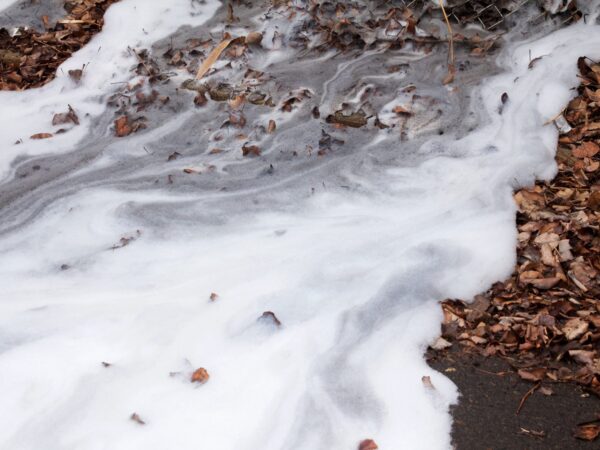
By Enrique Saenz, Indiana Environmental Reporter
Researchers have found that a common wetland plant native to Australia can remove toxic “forever chemicals” from the surrounding environment.
In a 190-day greenhouse experiment, a team of Chinese and Australian researchers found that Juncus sarophorus, a wetland plant also known as the broom rush, could tolerate and accumulate PFOS, PFOA and PFHxS, three of the most commonly studied PFAS chemicals.
PFAS are a family of thousands of synthetic chemicals used since the 1940s to produce industrial products resistant to water, oil, grease and stains.
The chemicals have been found in several municipal water systems in Indiana and around the U.S. They have also been found in military bases.
“We found the wetland plant Juncus sarophorus has a high tolerance to PFAS and capable of overall PFAS removal rates between 9% and 11% at a time, which could be increased with floating reed beds in the water column. It also is effective at accumulating and transferring PFOA and PFHxS from the soil to an above-ground vegetation biomass,” said Flinders University hydrogeologist and study co-author Ilka Wallis.
The researchers said the study provides more evidence that phytoremediation, the use of plants to extract pollutants from soil, could present a potential remediation strategy for PFAS that would allow efficient and cost-effective remediation at large scales.
Catch more news at Great Lakes Now:
Research finds more PFAS coming out of wastewater treatment plants than going in
PFAS is a widespread problem. The solution needs to come from widespread sources
Featured image: Coastal wetlands (Photo courtesy of U.S. Fish and Wildlife Service)




